Related Movies

Finis Terræ (1929)
On the islet Bannec, off the coast of Brittany, four fishermen have set up camp for three months to harvest seaweed. If processed correctly, the ash of the seaweed can be sold for high prices. It is therefore burnt in several large piles on the island. Problems arise when one of them gets an infected thumb.
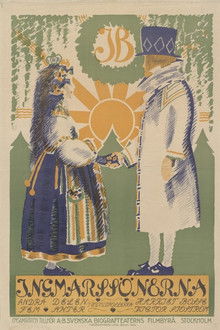
Sons of Ingmar (1919)
Part one of an ambitious screen adaptation of Selma Lagerlöf's book Jerusalem.

Captain January (1924)
During a tempestuous storm, a lighthouse keeper finds an infant girl who washes ashore tied to some wreckage. He adopts her and they become inseparable. Eventually her real family finds her and wants her to live with them.
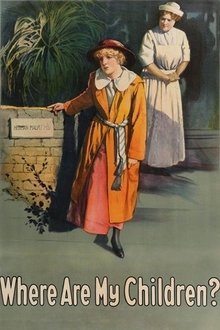
Where Are My Children? (1916)
Walton, the District Attorney, yearns to have children. Soon after defending an author on trial for publishing indecent literature, Walton discovers a secret his wife and her socialite friends have been hiding from him.
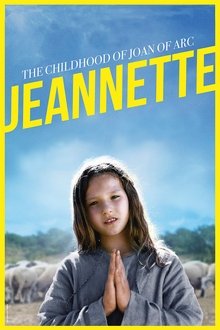
Jeannette: The Childhood of Joan of Arc (2017)
France, 1425. During the Hundred Years’ War, Jeannette, age of 8, looks after her sheep in the small village of Domremy. One day she tells her friend Hauviette how she cannot bear the suffering caused by the English. Madame Gervaise, a nun, tries to reason with the young girl, but she is ready to take up arms for the salvation of souls and the liberation of the Kingdom of France. Carried by her faith, she will become Joan of Arc.
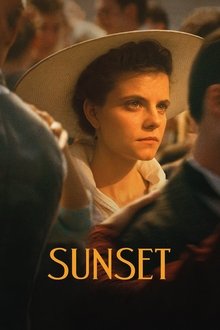
Sunset (2018)
In 1913, an orphaned young woman arrives in Budapest to take up employment as a milliner at the hat store that belonged to her late parents but becomes mired in a search for a brother she had never known of.

The Thrill Chaser (1923)
In this partially lost silent film, a man working as a motion picture extra in Hollywood westerns impresses a visiting sheikh with his boxing skills and is engaged to go to Arabia, where he becomes involved in warring and falls in love with a beautiful princess.

The Hungarian Nabob (1915)
After Count John Karpathy, belovedly known as the Nabob, falls ill while entertaining the peasants of his estate, his dissolute nephew and sole heir, Count Bela, comes home from Paris to acquire his inheritance. The Nabob recovers and, after hearing Bela's plan to squander the money, resolves not to give Bela anything while he lives.
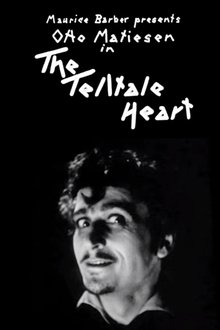
The Telltale Heart (1928)
An insane man first loves then grows to hate his neighbor, an old man whose penetrating gaze unnerves the insane man. He plans a perfect crime and executes it one night. The next day, two officers knock on the insane man's door, investigating a shriek heard in the night. The insane man invites them in, answers their questions, and submits to an examination of his eyes by one of the officers, who proclaims him innocent. The insane man invites them to stay and relax awhile, then regales them with his theories of crime. His heart begins to beat louder. Angles on the set are skewed to suggest the man's internal disarray.

The Sins of Love (1929)
The troubled situation of a provincial actor and his actress wife who come to the city. The actor is suspected of attacking another actor who admires the actress.
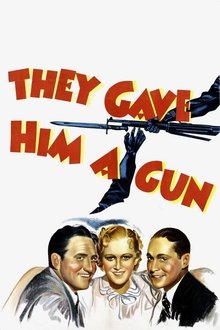
They Gave Him a Gun (1937)
With no other prospects, a World War I veteran puts the skills they taught him in the War to use.

The Seagull (1996)
After agonizing for weeks, Valéria finally comes to terms with being in love with another woman and confesses her love for her best friend, Laurence. Short film from the series "L'@mour est à réinventer: dix histoires d'amour au temps du SIDA" ("Love Reinvented: Ten Love Stories in the Age of AIDS").
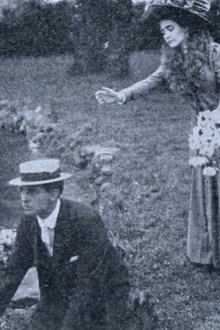
Water Lilies (1911)
Albertina is a celebrated dancer whose fame is widespread. However, she has overtaxed her strength, is forbidden to appear in public and is obliged to seek quiet and rest. She retires to her Aunt Mary's home, a beautiful and restful country place, where she secures the much-needed seclusion and comfort. Next door to Aunt Mary there lives a very handsome fellow who has often admired Aunt Mary's niece and to tell the truth she admires him. Growing restless under the enforced retirement, Albertina strolls down to the lake where the water-lilies grow. She pulls a number of them into a garland which she holds bewitchingly above her head. They give her an inspiration and involuntarily she pirouettes, bends and swerves her lithe and willowy form like a nymph of ethereal sweetness. The young man who lives next door is rowing upon the lake; He see Albertina dancing on the velvety field of grass, is charmed by her, and rushes toward her.
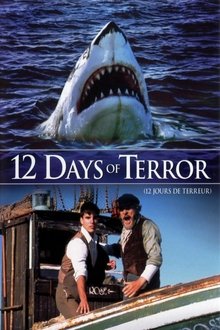
12 Days of Terror (2004)
July of 1916 was a time of record heat, a polio epidemic, and a World War in Europe. But beachgoers in New Jersey are threatened by a even greater terror: a shark that has suddenly developed a taste for human flesh. Starting July 1st and lasting over a period of 12 days, the unidentified shark kills four people and seriously injures a fifth before the attacks stop, and threatens New Jersey's thriving tourist industry. Based on true events, and one of the inspirations behind Peter Benchley's Jaws.

The Other Side of the Hedge (1905)
Two romantic suitors avoid their wet-blanket chaperone by way of the titular hedge.

The Barber Shop (1894)
“Interior of Barber Shop. Man comes in, takes off his coat; sits down, smokes; is handed a paper by attendant, who points out a joke; both laugh. Meantime the man in the chair is shaved and has his hair cut. Very funny.” (Edison's Latest Wonders, 1894)

The Moth of Moonbi (1926)
Charles Chauvel's first feature tells the story of a country girl, Dell Ferris (the Moth of Moonbi), drawn to the bright lights of the big city where her inheritance is soon frittered away with high society revelling. A wiser Dell returns to Moonbi Station where she is beset by the cattle rustler Jack Bronson, but finally finds peace and happiness with the faithful head stockman, Tom. Only part of the film survives to this day.


